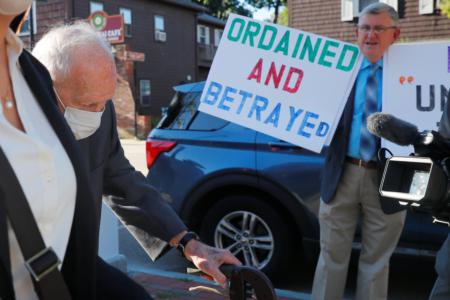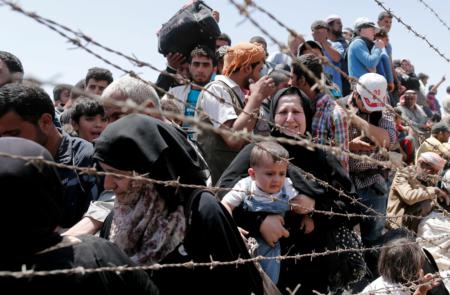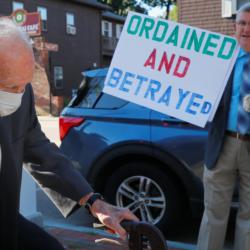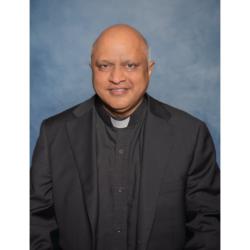Do not punish Syrian refugees for the Paris attacks
In the wake of the deadly Paris attacks, many have called for turning away those fleeing the civil war in Syria who seek refuge in the United States and Europe. Here are five reasons why we should instead continue and increase support for these refugees.
1. The refugees are not ISIS
In fact, they are our allies in the fight against ISIS -- the so-called Islamic State of Iraq and Syria -- as they, too, are victims of its violence. That is what they are fleeing. What we witnessed in Paris, as horrible as it was, was only a small taste of the violence that is part of the daily life of people in much of Syria, Iraq, and other parts of the Middle East. That is why they are leaving their homes.
Since the Syrian Civil War began in 2011, it's estimated that more than 250,000 people have died. Countless homes and places of work have been destroyed. Refugees arriving in Europe have recounted in horrific detail the atrocities they witnessed within their homeland. As one mother told us, "You wouldn't put a child on this boat unless it's safer than your home. Imagine this desperation. We have nothing to lose." These people should not be blamed for the actions of an extremist fringe group like ISIS. If anything, the Paris attacks should increase our sympathy for their plight.
2. Syrian refugees coming to the United States are carefully vetted
They are vetted more rigorously than any other group arriving here, such as students, business people or tourists. The immigration process for Syrian refugees entering the United States can take between 18 to 24 months. Each step in that process involves heavy vetting by numerous federal agencies, including the U.S. State Department and the Dept. of Homeland Security. It is a much more rigorous process than what we see during the current influx in Europe.
Even in Europe, those fleeing unimaginable violence in Syria have already spent months, if not years, as refugees in other host countries. They have been fingerprinted and photographed and checked at various borders. To then make it to the U.S. as a refugee would be extremely difficult and certainly not the route chosen by anyone wishing us harm.
3. We should step up efforts to assist those still in the Middle East and accept more Syrian refugees
Countries bordering Syria have accepted and sheltered millions of refugees for years, stretching their resources to the limit. One of the best ways to counter extremist rhetoric is to continue and expand humanitarian assistance to Syrian refugees and the countries hosting them, while also accepting significantly more refugees for resettlement in the United States -- especially the most vulnerable who under no circumstances will be able to return home.
4. This is not the time to demonize innocent people and spread fear for political gain
While we recognize legitimate security concerns, our leaders and politicians must understand that refusing to welcome the stranger and failing to work together towards a solution to this refugee crisis only aids our enemies. We understand the fear many American people, including members of our Catholic population, have that the senseless violence perpetrated in Paris, Beirut, and so many other places will find its way here. But as followers of Christ we cannot allow our attitudes and our actions to be overtaken by this fear.
We especially call on candidates for public office not to demagogue refugees for short-term political gain. Even as they explain how they would address legitimate security concerns, candidates must not lose sight of our collective responsibility to respect and protect the most vulnerable. These are not our enemies. Do not treat them as such. As Eusebio Elizondo, Auxiliary Bishop of Seattle, WA and chairman of the U.S. Conference of Catholic Bishops' Committee on Migration, said: "As a great nation, the United States must show leadership during this crisis and bring nations together to protect those in danger and bring an end to the conflicts in the Middle East."
5. The typical Syrian refugee is a child or a woman
According to the United Nations High Commissioner for Refugees, of the estimated 4.2 million Syrians living in neighboring countries, more than half are women. What's more, a majority of Syrian refugees are under the age of 17, including nearly 40 percent who are younger than 12 years old. When they should have been going to school, they were instead experiencing the traumas of war. Their lives have been turned upside down through no fault of their own. They need to be helped, not demonized.
Michael Hill is senior writer for Catholic Relief Services.



















